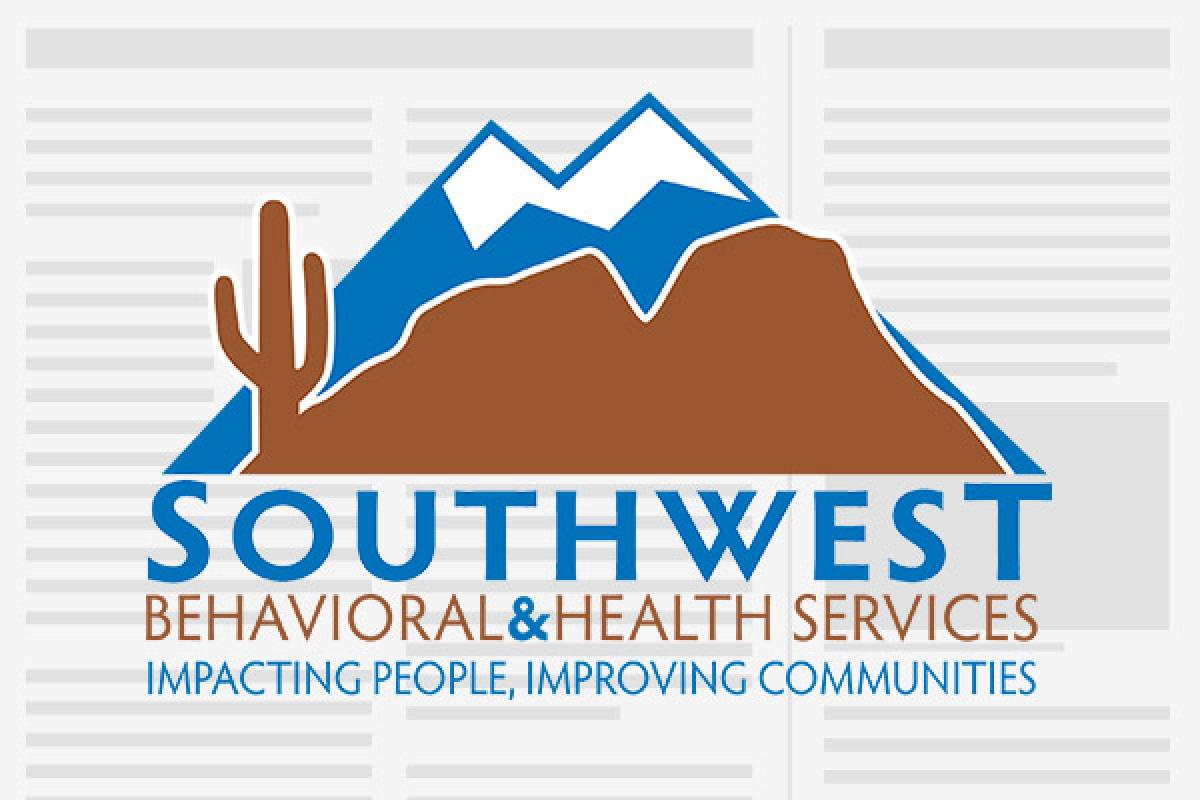
The increasing availability of marijuana edibles accompanying more lenient marijuana legislation in some states has coincided with a disturbing trend of THC poisonings among small children. This is according to a recent study published in the journal Clinical Pediatrics. Over the period spanning the years 2000 to 2013, instances of marijuana exposures in children under six more than doubled in The United States. In states where “medical” marijuana has been legalized, the rate of such exposures increased 610% over those 13 years.
The National Poison Data System, a database that tracks trends in toxicology and maintained by poison control centers across the country, reports that the majority of these cases were found in children younger than 3; the average age was 1 ½ years. Also reported was that 75% of the cases occurred due to the ingestion of edible products containing THC, the psychoactive chemical found in marijuana.
Among the symptoms experienced by the juvenile patients were drowsiness or lethargy, ataxia [failure of muscle coordination], agitation or irritability, and confusion. More severe effects included coma, respiratory depression and seizures.
This underscores the need for safeguarding this harmful substance from the reach of small children in the current climate of increased access and societal acceptance. Parents can lower risk to their children through increased awareness and vigilance.














